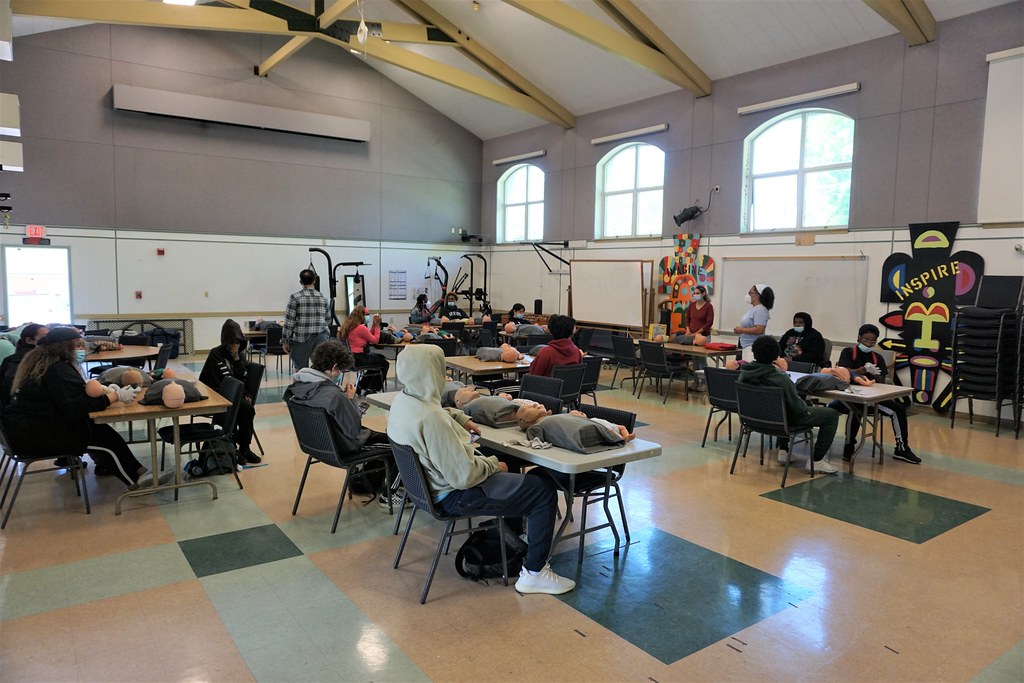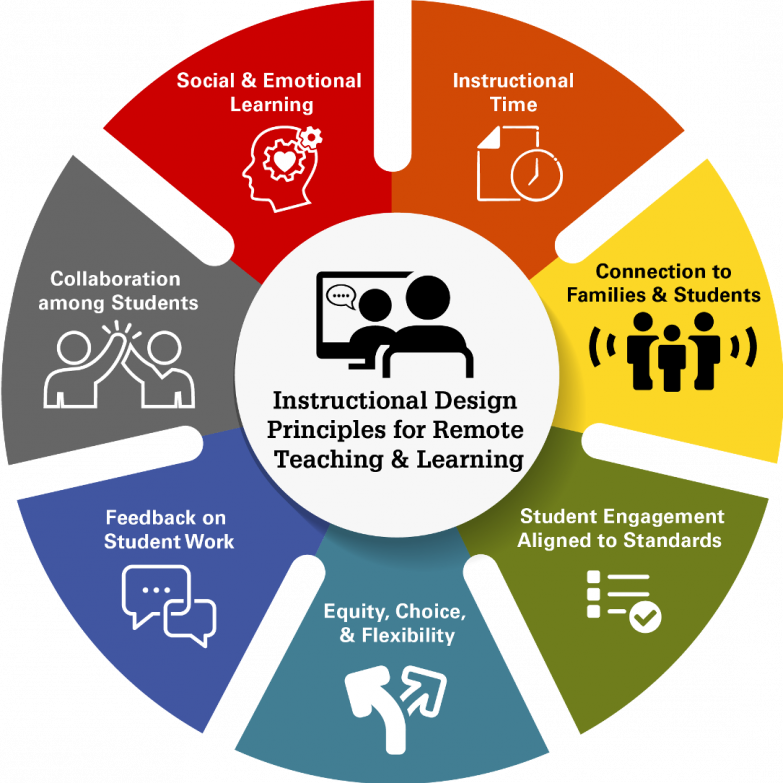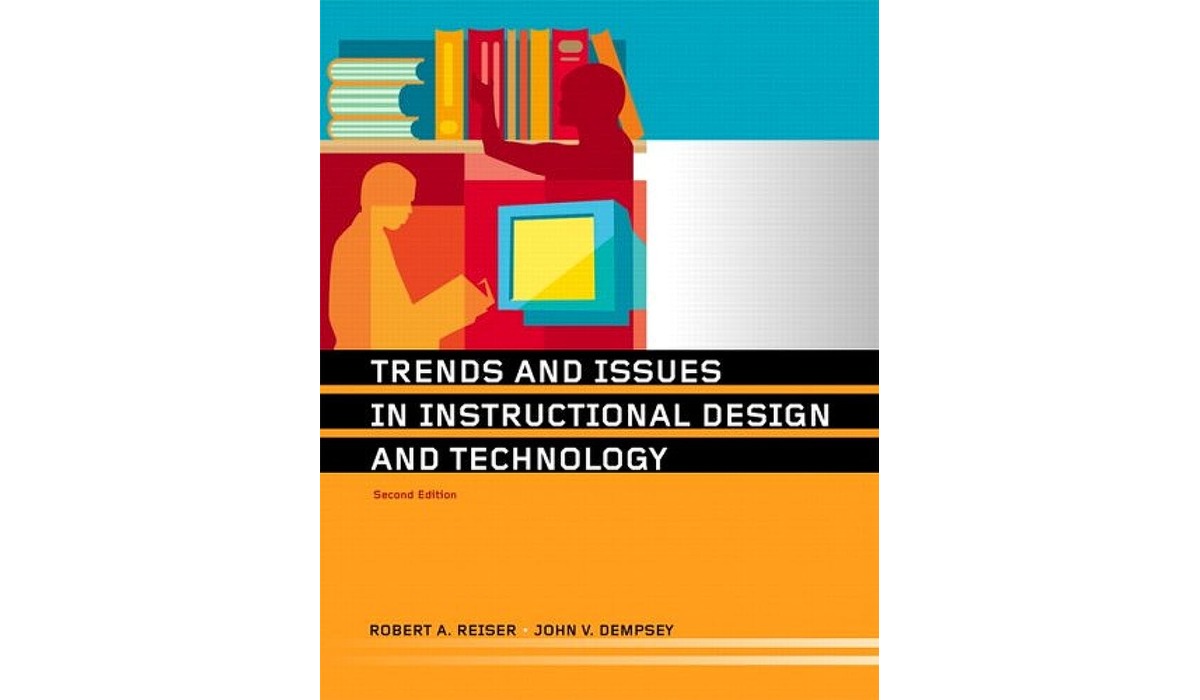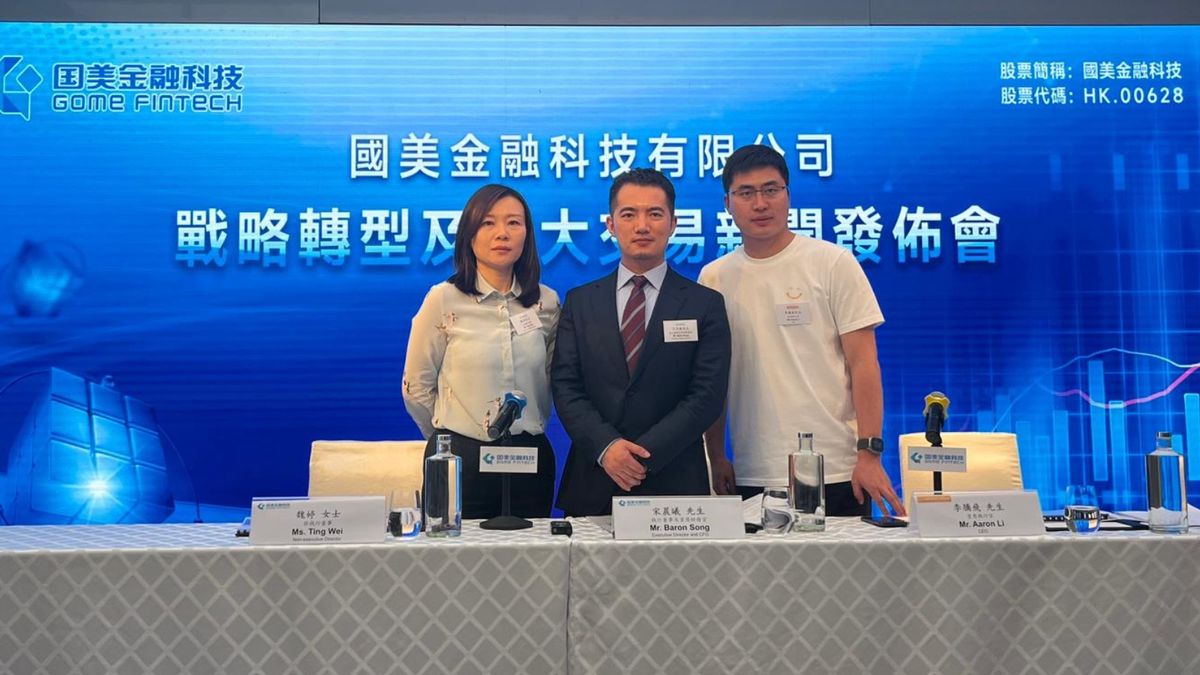Educational Technology Consultant: Bridging the Gap
Educational technology consultants play a crucial role in shaping the future of learning by seamlessly integrating technology into educational environments. They act as bridge builders, connecting the worlds of technology […]
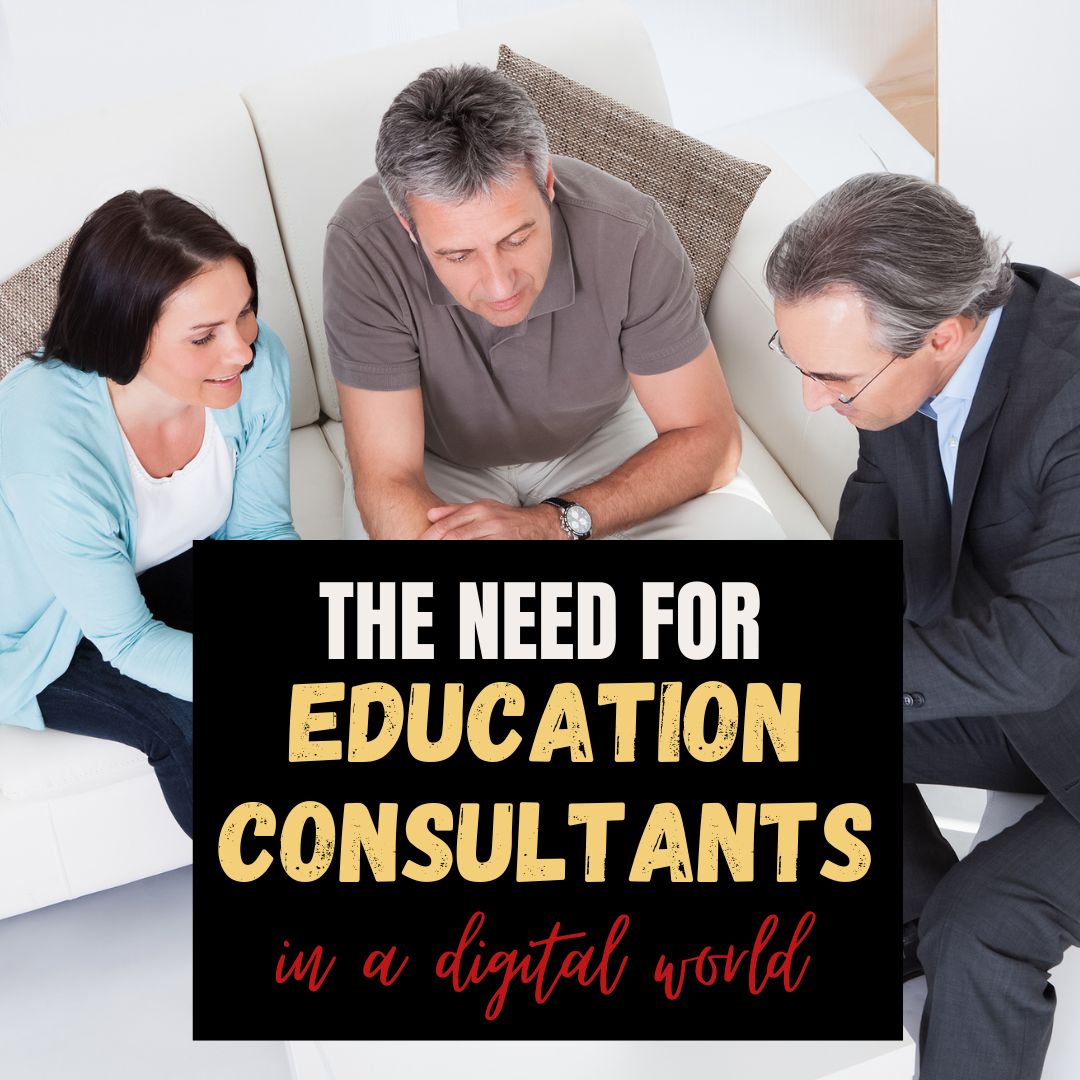
Educational technology consultants play a crucial role in shaping the future of learning by seamlessly integrating technology into educational environments. They act as bridge builders, connecting the worlds of technology and education to create engaging and effective learning experiences for students of all ages.
These professionals possess a unique blend of technical expertise and pedagogical understanding, enabling them to assess educational needs, recommend appropriate technology solutions, and guide the implementation process. They work closely with educators, administrators, and students to ensure that technology is used strategically to enhance teaching and learning.
The Role of an Educational Technology Consultant

Educational technology consultants are essential figures in the modern educational landscape, bridging the gap between innovative technologies and the needs of educators and students. They play a crucial role in optimizing the use of technology for teaching and learning, ensuring its seamless integration into the educational process.
Key Responsibilities
Educational technology consultants are responsible for a wide range of tasks that contribute to the effective implementation and utilization of technology in educational settings. They act as guides, advisors, and problem solvers, ensuring that technology empowers educators and enhances the learning experience for students.
- Needs Assessment: Consultants conduct thorough assessments to identify the specific needs of schools or educational institutions, taking into account their existing infrastructure, curriculum goals, and learning styles of students. This analysis helps determine the most appropriate technologies and strategies for successful implementation.
- Technology Selection and Integration: Based on the needs assessment, consultants recommend and select suitable technologies, including hardware, software, and digital platforms. They ensure that chosen technologies align with the educational goals and are user-friendly for both teachers and students.
- Professional Development: Consultants provide training and support to educators on how to effectively use new technologies in their classrooms. This training includes practical workshops, online resources, and ongoing guidance to ensure teachers are comfortable and confident in utilizing technology to enhance teaching and learning.
- Curriculum Design and Development: Consultants collaborate with educators to integrate technology into the curriculum, creating engaging and interactive learning experiences. They help design digital learning materials, develop online assessments, and implement blended learning models.
- Troubleshooting and Support: Consultants offer ongoing technical support to schools and teachers, resolving any issues that may arise with technology integration. They provide timely assistance and guidance to ensure a smooth and uninterrupted learning environment.
- Staying Current: Educational technology is constantly evolving, so consultants need to stay up-to-date on the latest trends, tools, and best practices. They research emerging technologies and evaluate their potential impact on education, ensuring that schools are equipped with the most relevant and effective solutions.
The Future of Educational Technology Consulting

The field of educational technology consulting is constantly evolving, driven by the rapid pace of technological advancements and the changing needs of educators and learners. As new technologies emerge and educational practices adapt, the role of the educational technology consultant is becoming increasingly complex and multifaceted.
The Impact of Emerging Technologies
The rise of artificial intelligence (AI), virtual and augmented reality (VR/AR), and the Internet of Things (IoT) is transforming the educational landscape. Educational technology consultants must stay abreast of these emerging technologies and understand their potential applications in education.
- AI-powered learning platforms: These platforms can personalize learning experiences, provide real-time feedback, and automate administrative tasks. Consultants will need to be proficient in AI technologies to guide schools in selecting and implementing these platforms effectively.
- VR/AR simulations: Immersive technologies like VR and AR offer opportunities for engaging and interactive learning experiences. Consultants will need to understand the design and implementation of VR/AR simulations to support educators in creating immersive learning environments.
- IoT devices in the classroom: Connected devices and sensors can collect data on student engagement, classroom environment, and learning outcomes. Consultants will need to advise schools on the ethical use of data collected through IoT devices and ensure data privacy is protected.
Skills and Responsibilities of Future Educational Technology Consultants
The future of educational technology consulting demands a broad skillset that encompasses both technical expertise and pedagogical understanding.
- Data analysis and interpretation: Consultants will need to be able to analyze data from learning platforms, IoT devices, and other sources to understand student learning patterns and identify areas for improvement. They will also need to be able to communicate data insights effectively to stakeholders.
- Curriculum design and development: Consultants will need to be able to design and develop digital learning materials that align with curriculum standards and leverage emerging technologies to enhance learning outcomes. This will require a deep understanding of educational theory and best practices.
- Ethical considerations: As educational technology becomes more sophisticated, consultants will need to be aware of the ethical implications of using these technologies. This includes addressing issues such as data privacy, accessibility, and equitable access to technology.
- Project management and implementation: Consultants will be responsible for managing technology projects from planning and design to implementation and evaluation. They will need to have strong project management skills to ensure successful technology integration in schools.
- Communication and collaboration: Consultants will need to effectively communicate with stakeholders, including educators, administrators, parents, and students. They will also need to be able to collaborate with other technology professionals and educational experts to ensure seamless integration of technology in the learning environment.
Closing Notes

In a rapidly evolving educational landscape, the role of educational technology consultants is becoming increasingly vital. As technology continues to shape the future of learning, these professionals are at the forefront of innovation, driving the development and implementation of cutting-edge solutions that transform the learning experience and empower students to succeed in the 21st century.
Educational technology consultants often work with schools and districts to help them make the most of their technology resources. This can include everything from setting up new computer labs to providing training on the latest educational software. As part of this process, they may also need to address the disposal of outdated equipment, and that’s where a service like technology recycling San Antonio can be a valuable resource.
By ensuring proper recycling, consultants can help schools be more environmentally responsible while also making sure that valuable materials are reused or repurposed.

